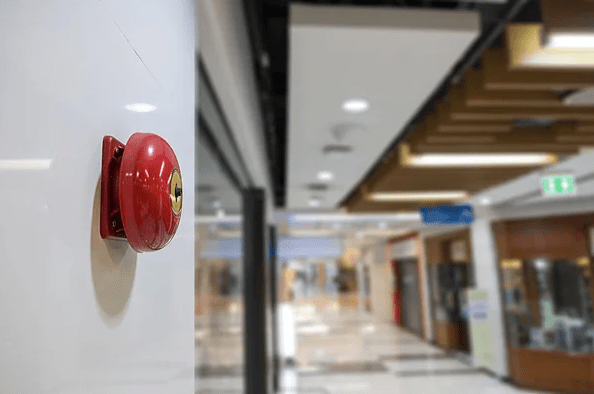An annual inspection of your business’ fire alarms will help you ensure they are working properly on a consistent basis. The inspection is one of the most important things you can do to protect your Florida business from the damages caused by fire.
If your business is new and you have never had to schedule a fire alarm inspection, this overview will tell you what to expect.
How Long Does It Take To Inspect Fire Alarms?
The time it takes to complete a standard fire alarm inspection depends on several factors. The size of your business is one consideration, and the complexity of your fire alert equipment is also a factor.
If your business has a commercial or industrial food prep area, it will take longer to inspect your kitchen fire systems. At the very least, the inspection will cover your fire alarm panels, communication equipment, and remote annunciators.
A smaller system may take only an hour or slightly longer to fully inspect. More complex systems, or those that protect larger facilities, will take considerably longer. If your business property includes multiple buildings, it might take several days to complete the inspection.
What Gets Tested During the Inspection?
Prior to starting your fire alarm inspection, the team conducting the tests will notify your local fire department of the procedure. This will ensure the fire department won’t respond to false alarms that may go off during the testing procedure.
The inspection team will examine and test your heat and smoke detectors. They will also conduct testing on any remote annunciator panels that relay fire status between the alarms and the primary control panel. Batteries and relays will undergo testing to determine whether they need replacing.
Other items included in the inspection are:
- Flow switches
- Tamper switches
- Low-pressure alarms
- Supervised control switches and valves
In addition to testing the equipment, many components will undergo cleaning and maintenance to promote the proper operation of the entire system.
The inspection will include looking at fire exit doors, elevators, and panels to make sure they all meet fire safety codes. A thorough inspection will ensure you can rely on the equipment if a fire does occur.
What Should You Tell Your Florida Employees?
Each year, your employees should undergo fire safety training, including random fire drills. For this reason, it’s important to notify your employees about the inspection procedure.
Alarms will go off frequently, if briefly, during the testing of the equipment, and you won’t want your employees to vacate the facility each time they hear an alarm.
Notify your employees in advance that an inspection is due and remind them of the procedure on the day that it’s scheduled. If the inspection team has provided special instructions, such as requesting that your employees vacate a specific area, notify your employees of these requirements as well.
Your employees should become familiar with this process since it will occur every year. Additionally, smoke alarms will need sensitivity testing every two years. This secondary inspection will include function testing for the smoke detection equipment.
Although the inspections represent a small inconvenience, remind your employees that the testing benefits their safety and the protection of the facility.
Install Reliable Fire Alert and Suppression Equipment
Although your employees will help you minimize the risks of fire within your Florida business, you’ll need to use fire alert and suppression technology as well. You’ll want to install equipment you can trust to protect your business.
Preventive Fire sells high-quality fire protection equipment, including alarms, emergency lighting, kitchen hood systems, and other fire safety products.

